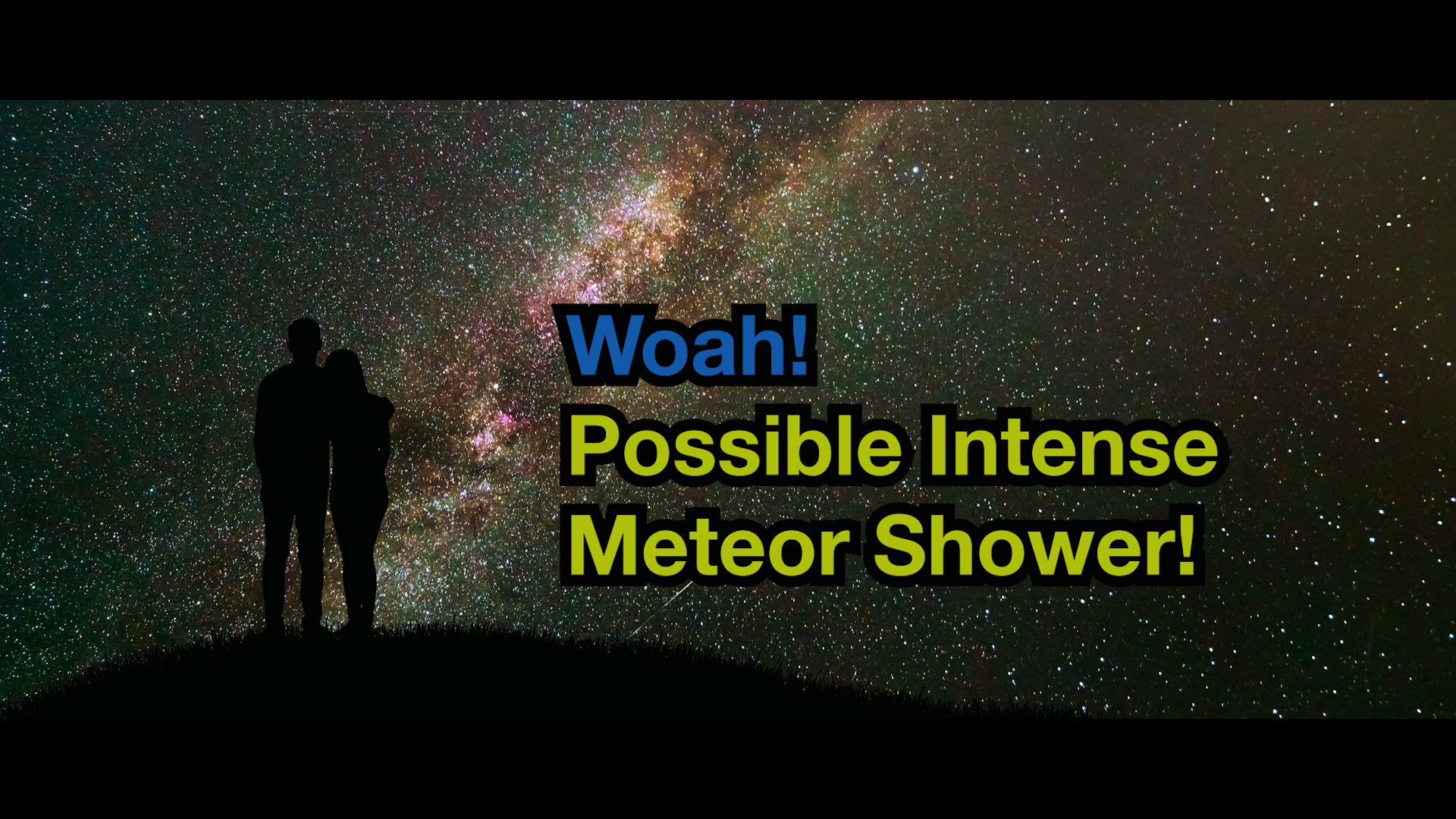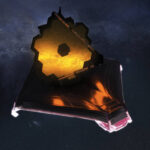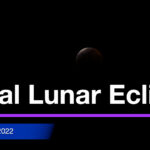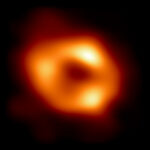Tau Herculids A Possible Surprise Meteor Shower!

We might have the opportunity to witness a possibly intense meteor event due to a comet that split apart in 1995.
Apparently, it is still fracturing. It could cause a spectacular mini meteor shower called the Tau Herculids… It’s parent comet is 73P/Schwassmann-Wachmann 3, which was discovered back in 1930, by German observers Arnold Schwassmann and Arno Arthur Wachmann .
Tau Herculids is a possible newcomer this year, forecast to peak on the night of May 30 and early morning of May 31.
It might happen, as Earth passes through a particularly dense stream of icy particles which the comet left behind in previous years.
If it makes it to us this year, the debris from SW3 will strike Earth’s atmosphere very slowly, traveling at just 10 miles per second – which means much fainter meteors than those belonging to the eta Aquariids. But North American stargazers are taking particular note this year because the tau Herculid radiant will be high in the night sky at the forecast peak time. Even better, the Moon is new, so there will be no moonlight to wash out the faint meteors.
According to Bill Cooke, who leads NASA’s Meteoroid Environment Office at NASA’s Marshall Space Flight Center in Huntsville, Alabama, “This is going to be an all or nothing event. If the debris from SW3 was traveling more than 220 miles per hour when it separated from the comet, we might see a nice meteor shower. If the debris had slower ejection speeds, then nothing will make it to Earth and there will be no meteors from this comet.”
If it does happen, we’ll see a grand display of meteors! And, even if it doesn’t, this comet is one you’ll want to come to know.
Image Credits
SW3 Image via NASA’s Spitzer Space Telescope.
SW3 (2) Image via Bad Astronomy blog via Hubble Space Telescope.
Comet 73P/Schwassmann-Wachmann 3 breaking up. Image via NASA.
Storyblocks
- NASA’s Webb Sheds Light on Galaxy Evolution, Black Holes
 The close proximity of Stephan’s Quintet gives astronomers a ringside seat to galactic mergers and interactions In an enormous new image, NASA’s James Webb Space Telescope reveals never-before-seen details of the galaxy group called “Stephan’s Quintet.” The close proximity of this group gives astronomers a ringside seat to galactic mergers and interactions. Rarely do scientists… Read more: <strong>NASA’s Webb Sheds Light on Galaxy Evolution, Black Holes</strong>
The close proximity of Stephan’s Quintet gives astronomers a ringside seat to galactic mergers and interactions In an enormous new image, NASA’s James Webb Space Telescope reveals never-before-seen details of the galaxy group called “Stephan’s Quintet.” The close proximity of this group gives astronomers a ringside seat to galactic mergers and interactions. Rarely do scientists… Read more: <strong>NASA’s Webb Sheds Light on Galaxy Evolution, Black Holes</strong> - Planets of Binary Stars as Possible Homes for Alien Life
 Nearly half of Sun-size stars are binary. According to University of Copenhagen research, planetary systems around binary stars may be very different from those around single stars. This points to new targets in the search for extraterrestrial life forms. Newswise — Nearly half of Sun-size stars are binary. According to University of Copenhagen research, planetary… Read more: Planets of Binary Stars as Possible Homes for Alien Life
Nearly half of Sun-size stars are binary. According to University of Copenhagen research, planetary systems around binary stars may be very different from those around single stars. This points to new targets in the search for extraterrestrial life forms. Newswise — Nearly half of Sun-size stars are binary. According to University of Copenhagen research, planetary… Read more: Planets of Binary Stars as Possible Homes for Alien Life - Total Lunar Eclipes: Tonight!!!
 A total lunar eclipse will occur tonight, May 15, 2022, the first of two this year. The second eclipse will happen in November of this year.. The eclipse will be a dark one with the northern limb of the Moon passing through the center of Earth’s shadow. This is the first central eclipse of Lunar Saros 131. The eclipse will be completely visible over most of North… Read more: Total Lunar Eclipes: Tonight!!!
A total lunar eclipse will occur tonight, May 15, 2022, the first of two this year. The second eclipse will happen in November of this year.. The eclipse will be a dark one with the northern limb of the Moon passing through the center of Earth’s shadow. This is the first central eclipse of Lunar Saros 131. The eclipse will be completely visible over most of North… Read more: Total Lunar Eclipes: Tonight!!! - Astronomers reveal first image of the black hole at the heart of our galaxy
 Today, at simultaneous press conferences around the world, including at the European Southern Observatory (ESO) headquarters in Germany, astronomers have unveiled the first image of the supermassive black hole at the centre of our own Milky Way galaxy. This result provides overwhelming evidence that the object is indeed a black hole and yields valuable clues… Read more: Astronomers reveal first image of the black hole at the heart of our galaxy
Today, at simultaneous press conferences around the world, including at the European Southern Observatory (ESO) headquarters in Germany, astronomers have unveiled the first image of the supermassive black hole at the centre of our own Milky Way galaxy. This result provides overwhelming evidence that the object is indeed a black hole and yields valuable clues… Read more: Astronomers reveal first image of the black hole at the heart of our galaxy - Tau Herculids A Possible Surprise Meteor Shower!
 We might have the opportunity to witness a possibly intense meteor event due to a comet that split apart in 1995. Apparently, it is still fracturing. It could cause a spectacular mini meteor shower called the Tau Herculids… It’s parent comet is 73P/Schwassmann-Wachmann 3, which was discovered back in 1930, by German observers Arnold Schwassmann and… Read more: Tau Herculids A Possible Surprise Meteor Shower!
We might have the opportunity to witness a possibly intense meteor event due to a comet that split apart in 1995. Apparently, it is still fracturing. It could cause a spectacular mini meteor shower called the Tau Herculids… It’s parent comet is 73P/Schwassmann-Wachmann 3, which was discovered back in 1930, by German observers Arnold Schwassmann and… Read more: Tau Herculids A Possible Surprise Meteor Shower!







